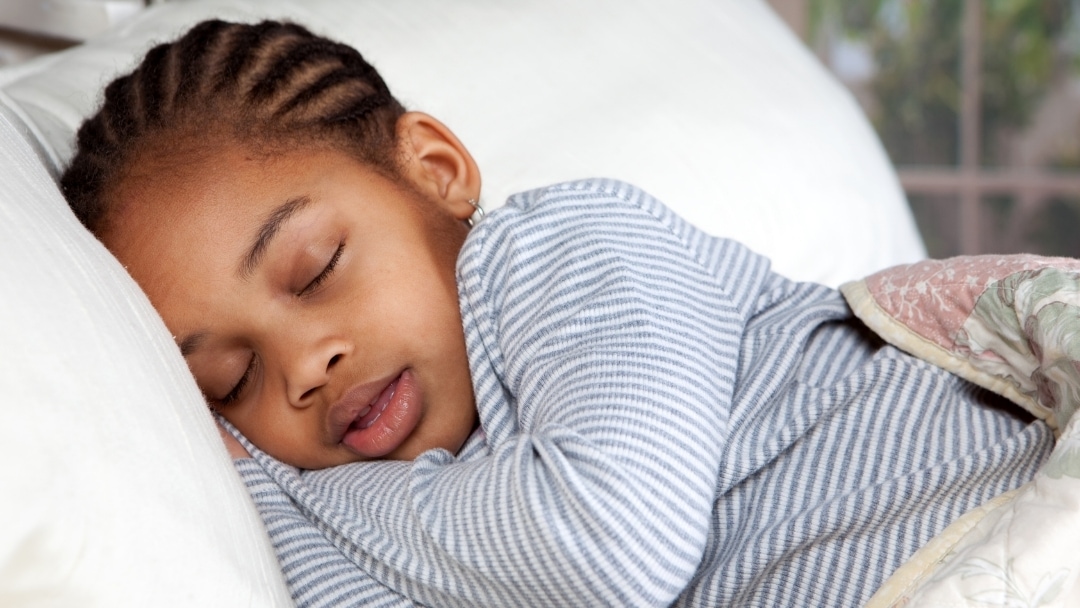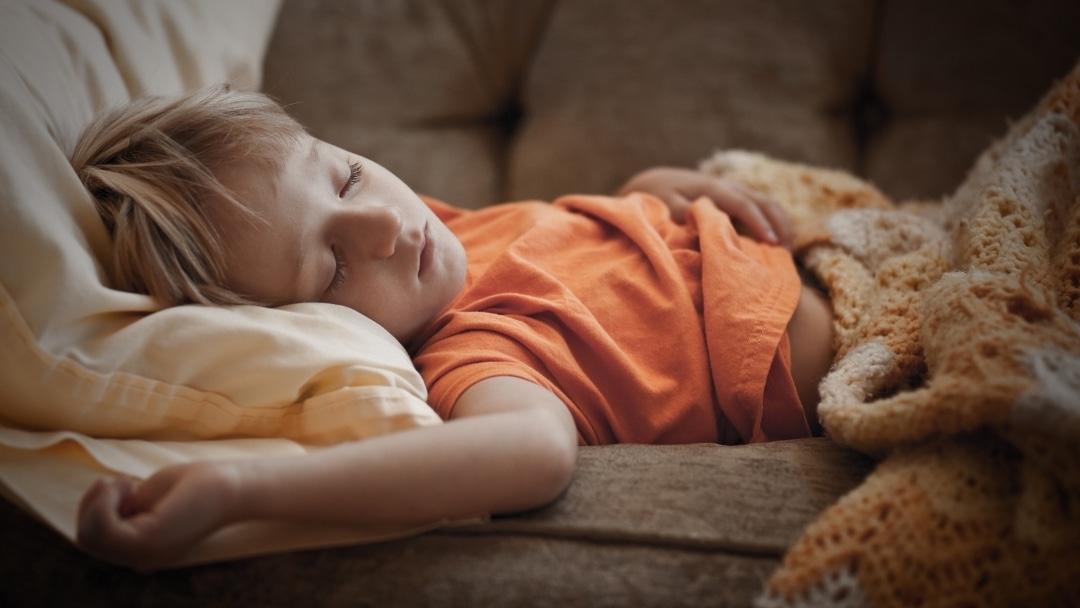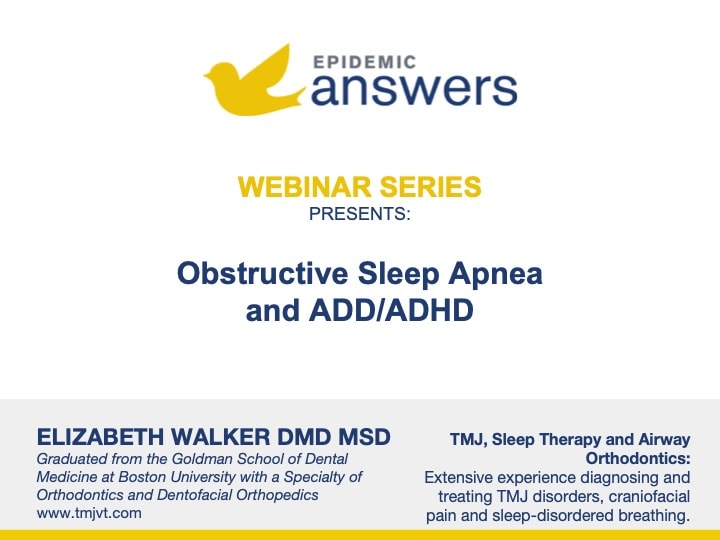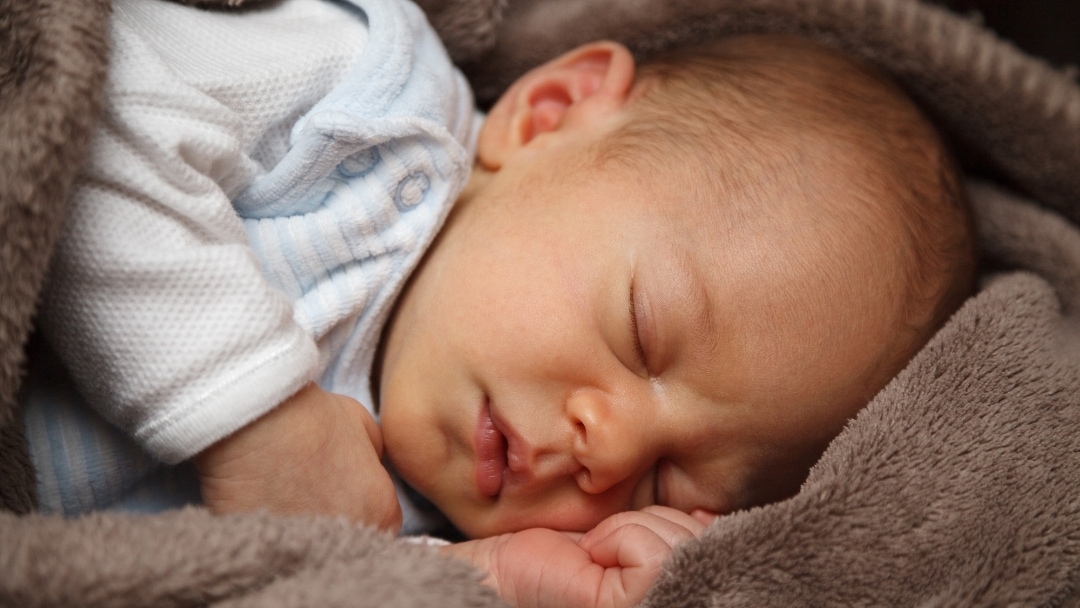We interviewed Lyndsey Hookway, author of Holistic Sleep Coaching, about responsive sleep for toddlers to tweens. You can view the replay below.
What Is Responsive Sleep?
Lyndsey Hookway is a holistic sleep coach who is well known for her use of responsive sleep parenting, which gently helps a baby to sleep without using some form of sleep training. Her work is focused on attachment, relationships, connection, managing the underlying causes of sleep disturbance, and using her knowledge of sleep biology in order to help parents tackle sleep without any form of behavioral sleep training.
In this webinar, she builds upon her success with babies to give us tips for responsive sleep for toddlers to tweens. She discussed:
- What is normal sleep?
- What is responsive sleep?
- How does sleep work?
- What are common causes of sleep disturbance?
- Tips to optimize sleep that don’t involve a non-response
- Practical, easy-to-implement ideas that won’t cause you or your child stress
About Lyndsey Hookway
Lyndsey is an experienced pediatric nurse, children’s public health nurse, International Board Certified Lactation Consultant, Holistic Sleep Coach and birth trauma recovery practitioner. She has worked in hospitals, clinics, the community and within clients’ homes for 20 years, serving within the UK NHS, in private practice and voluntarily.
The co-founder and clinical director of the Holistic Sleep Coaching program, Lyndsey regularly teaches internationally, as well as providing mentorship for newer sleep coaches and aspiring IBCLCs. She is passionate about responsive feeding, gentle parenting and promoting parental confidence and well-being.
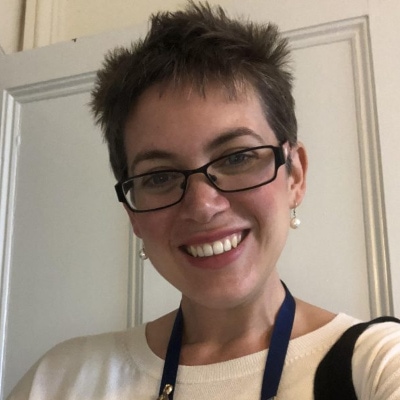
One of her specialist interests is supporting families of very sick children who are breastfed, and in 2019 she set up the Breastfeeding the Brave project – a collaborative project of parents seeing to raise awareness of the unique breastfeeding needs of seriously, critically, and terminally ill children. A mother of a childhood cancer survivor, she often talks about the impact of chronic serious illness on families, and seeks to support other families living through a serious childhood illness.
Lyndsey is a respected international speaker and teacher, as well as a published author, and she regularly speaks out against the dominant sleep training culture, as well as advocating for the rights of families to receive high-quality, compassionate and expert lactation and respectful, responsive parenting support. She is the author of Holistic Sleep Coaching: Gentle Alternatives to Sleep Training for Health and Childcare Professionals and Let’s Talk About Your New Family’s Sleep.You can find out more about her work at her website https://lyndseyhookway.com/
Disclaimer
This webinar is not a substitute for medical advice, treatment, diagnosis, or consultation with a medical professional. It is intended for general informational purposes only and should not be relied on to make determinations related to treatment of a medical condition. Epidemic Answers has not verified and does not guaranty the accuracy of the information provided in this webinar.
Still Looking for Answers?
Visit the Epidemic Answers Practitioner Directory to find a practitioner near you.
Join us inside our online membership community for parents, Healing Together, where you’ll find even more healing resources, expert guidance, and a community to support you every step of your child’s healing journey.
